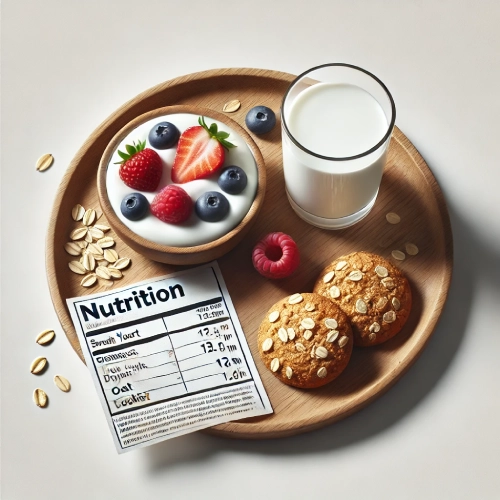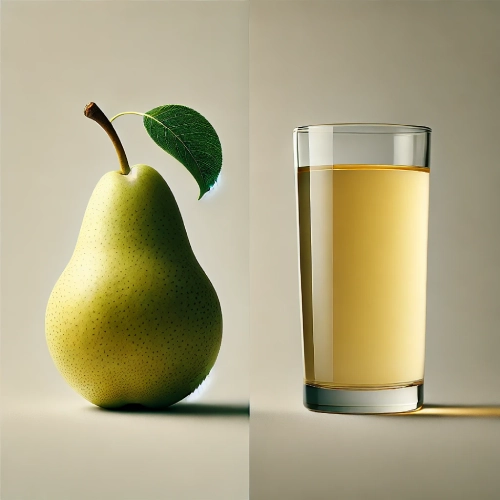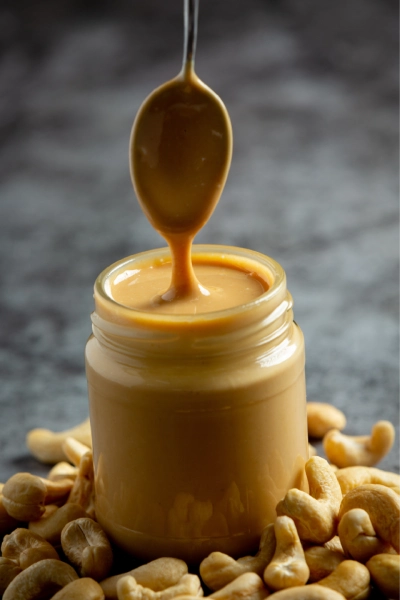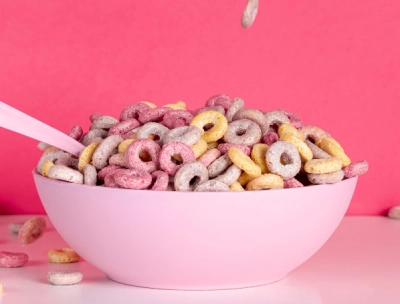Healthy Snacks: How to Choose Better Options
Healthy snacks play a crucial role in maintaining energy levels, supporting brain function and providing essential nutrients for growth and development. However, not all snacks marketed as “healthy” are actually beneficial. Many products labeled “organic,” “low-fat” or “high-fiber” are actually ultra-processed foods high in sugar, refined carbohydrates and unhealthy fats.
Why are ultra-processed snacks unhealthy?
Many snacks marketed to children undergo multiple industrial processes, resulting in high levels of added sugars, sodium and artificial additives. Some common examples include:
- Flavored yogurts with added sugar.
- Packaged snacks or fruit juices.
- Granola bars with high fructose corn syrup.
- Sweet and savory cookies.
Frequent consumption of these foods has been linked to increased risks of obesity, metabolic disorders and poor gut health. In addition, excessive sugar consumption in childhood can lead to insulin resistance, dental problems and an increased preference for overly sweet foods in adulthood.
How to Choose Truly Healthy Snacks
Instead of relying on marketing claims, focus on whole and minimally processed foods. Here’s how to choose the best healthy snacks:
Read the ingredient list:
The best healthy snacks have short ingredient lists with recognizable whole foods.
Avoid added sugars, such as high fructose corn syrup, dextrose or fruit juice concentrates.
Check sodium levels, as many “healthy” packaged snacks contain excess salt.
Swap processed snacks for natural alternatives:
- Instead of flavored yogurt with added sugar, choose plain yogurt with fresh fruit.
- Instead of packaged fruit snacks, opt for whole fruits like apples, bananas or berries.
- Instead of store-bought cookies, try homemade oatmeal cookies or nut-based bars.
These changes reduce sugar intake and provide fiber, vitamins and minerals essential for overall health.
Prioritize Homemade Healthy Snacks:
Studies show that home-prepared snacks improve diet quality and reduce intake of processed ingredients. Here are some healthy snacks that are easy to prepare at home:
- Hummus with carrot and cucumber sticks.
- Whole wheat toast with avocado puree
- Hard boiled eggs with cherry tomatoes
- Cheese cubes with whole grain crackers
Healthy Snacks for Long-Term Wellness
In my experience as a nutritionist, offering healthy snacks does not mean eliminating all packaged foods, but it does require being informed. By gradually replacing ultra-processed snacks with nutrient-dense, whole-grain alternatives, parents can help children develop better eating habits without feeling restricted.
Written by: Nutritionist Andrés Izurieta

Bibliographic citations:
Monteiro CA, Cannon G, Levy RB, Moubarac JC, Louzada ML, Rauber F, et al. Ultra-processed foods: what they are and how to identify them. Public Health Nutr. 2019;22(5):936-41.
Pagliai G, Dinu M, Madarena MP, Bonaccio M, Iacoviello L, Sofi F. Consumption of ultra-processed foods and health status: a systematic review and meta-analysis. Br J Nutr. 2021;125(3):308-18.
Ventura AK, Davis TA. Dietary preferences and sugar intake in childhood: The impact on long-term health. Nutrients. 2020;12(10):3253.
Tavares LF, Fonseca SC, Garcia Rosa ML, Yokoo EM. Relationship between ultra-processed foods and metabolic syndrome in adolescents. Rev Saude Publica. 2021;55:15.





